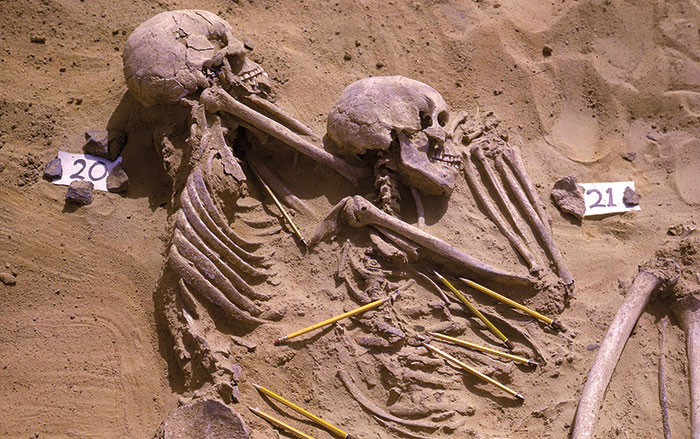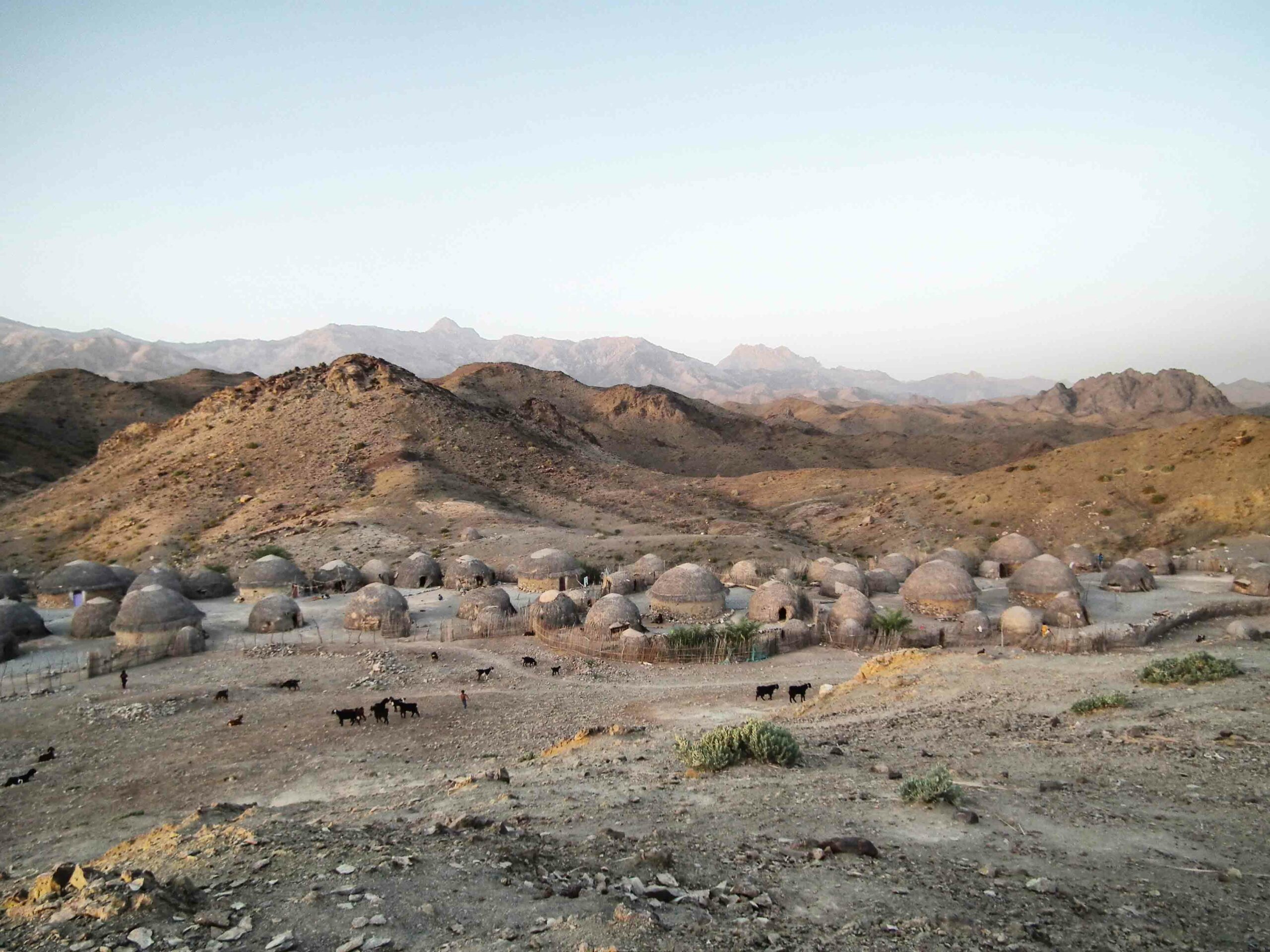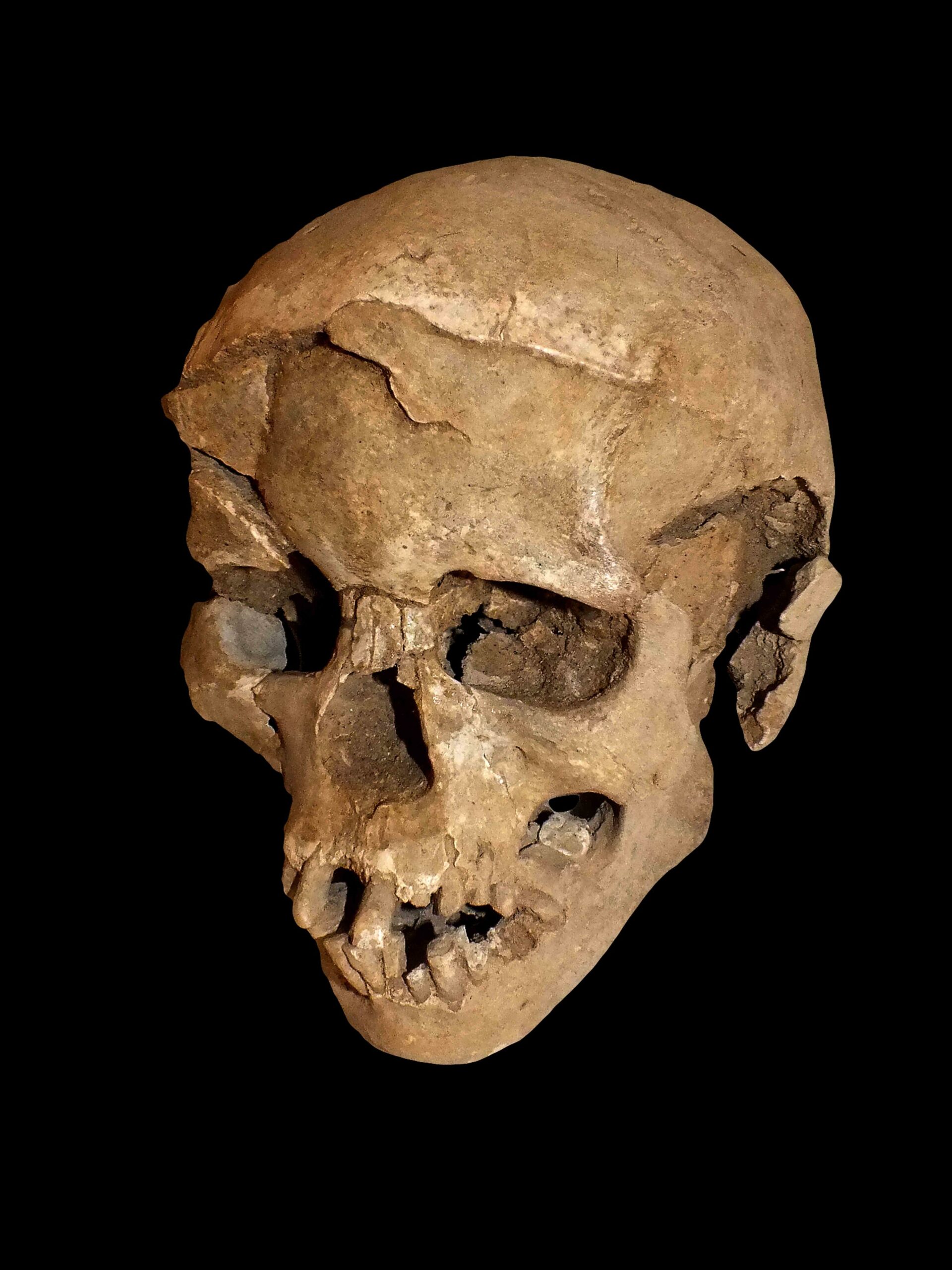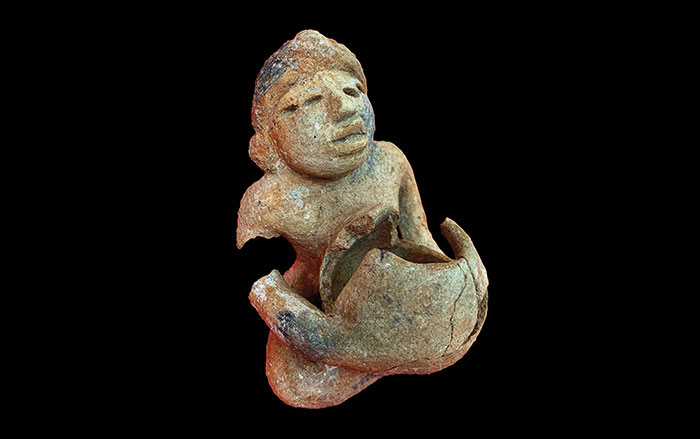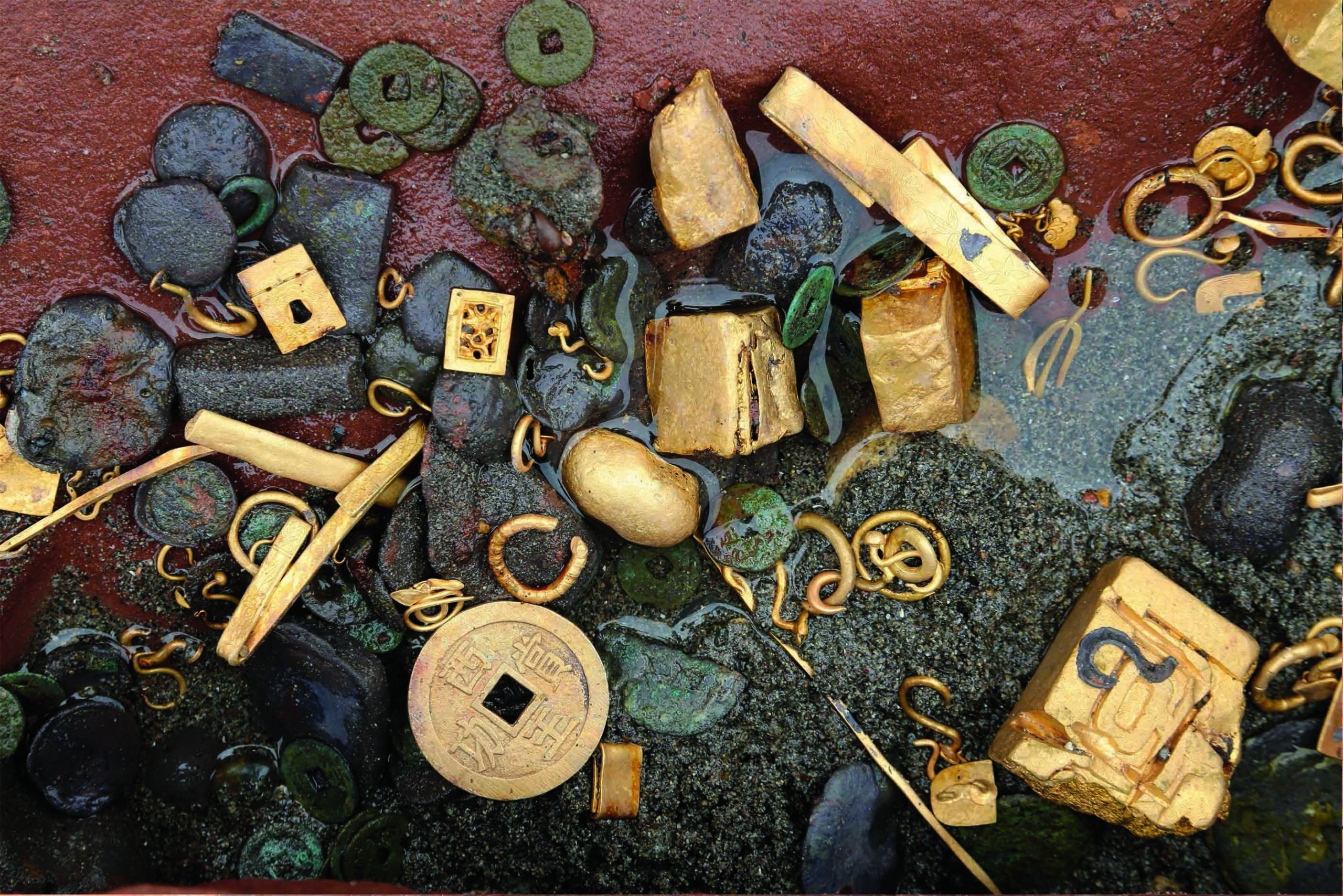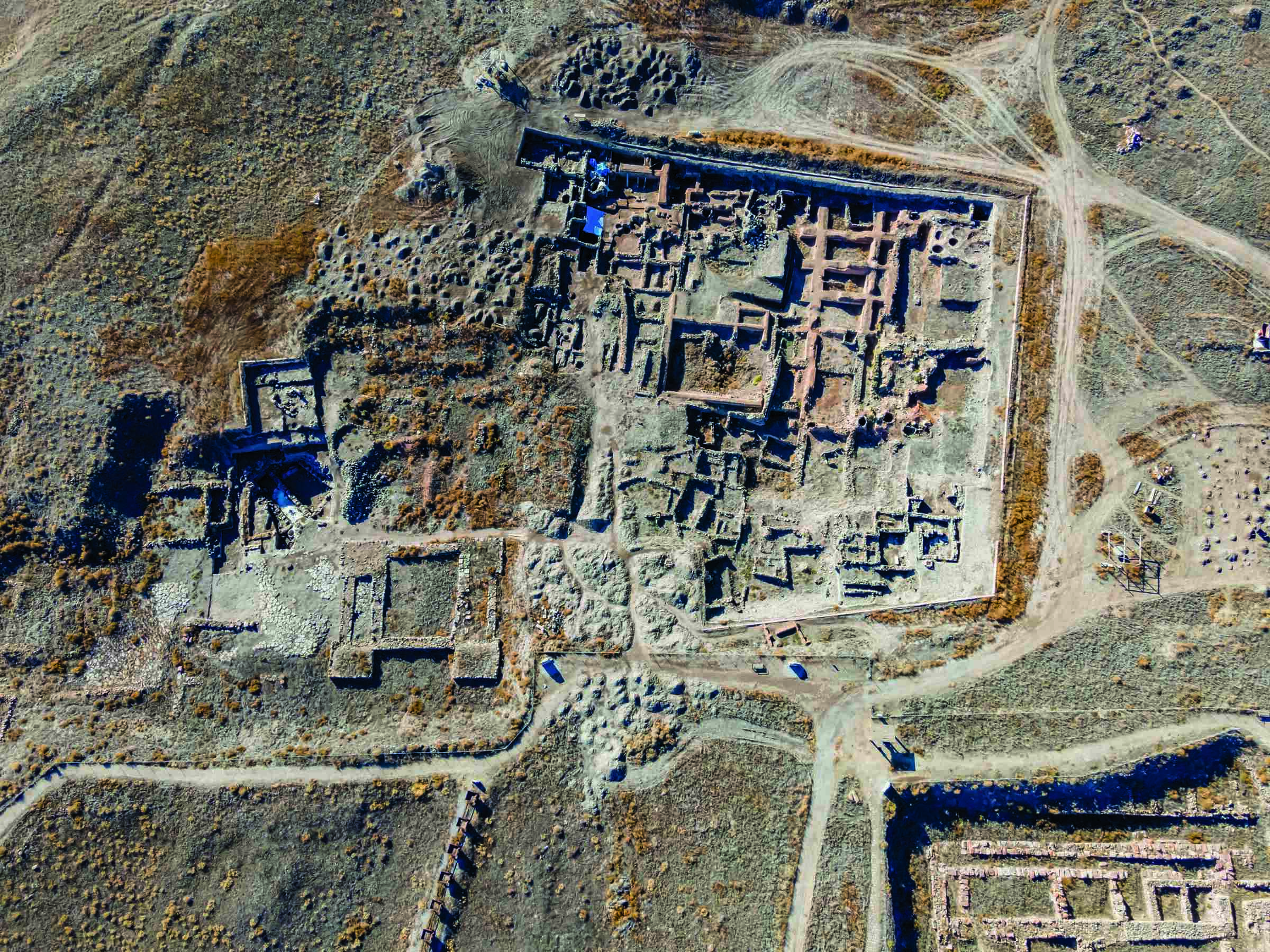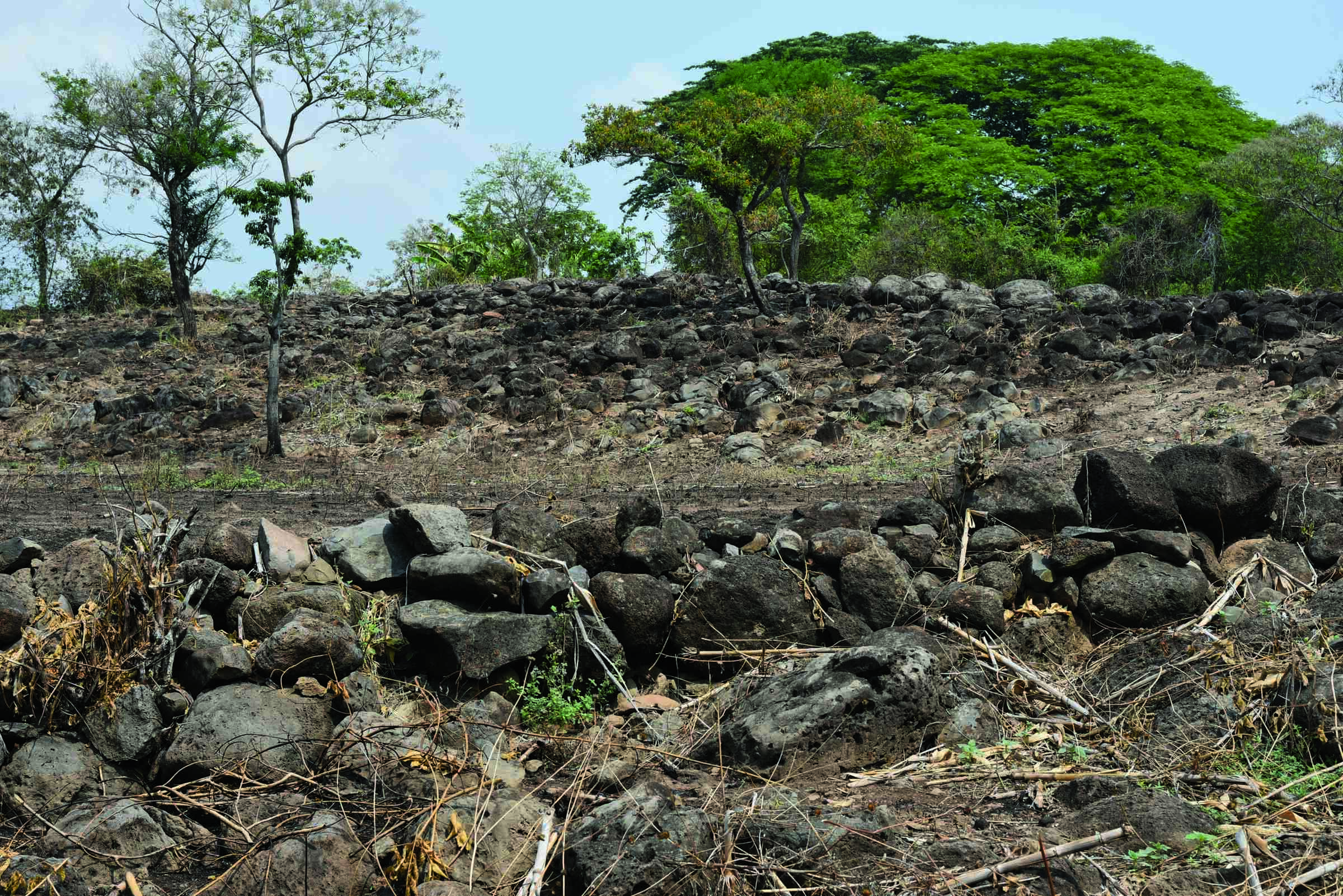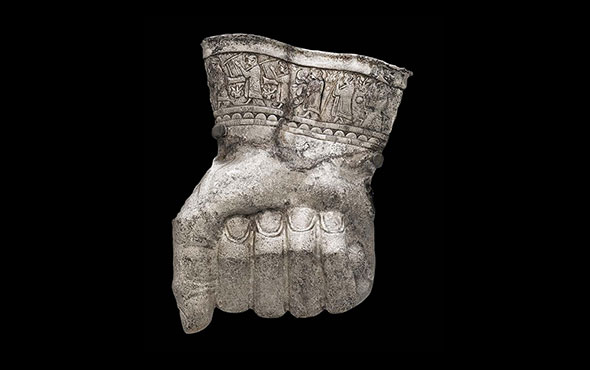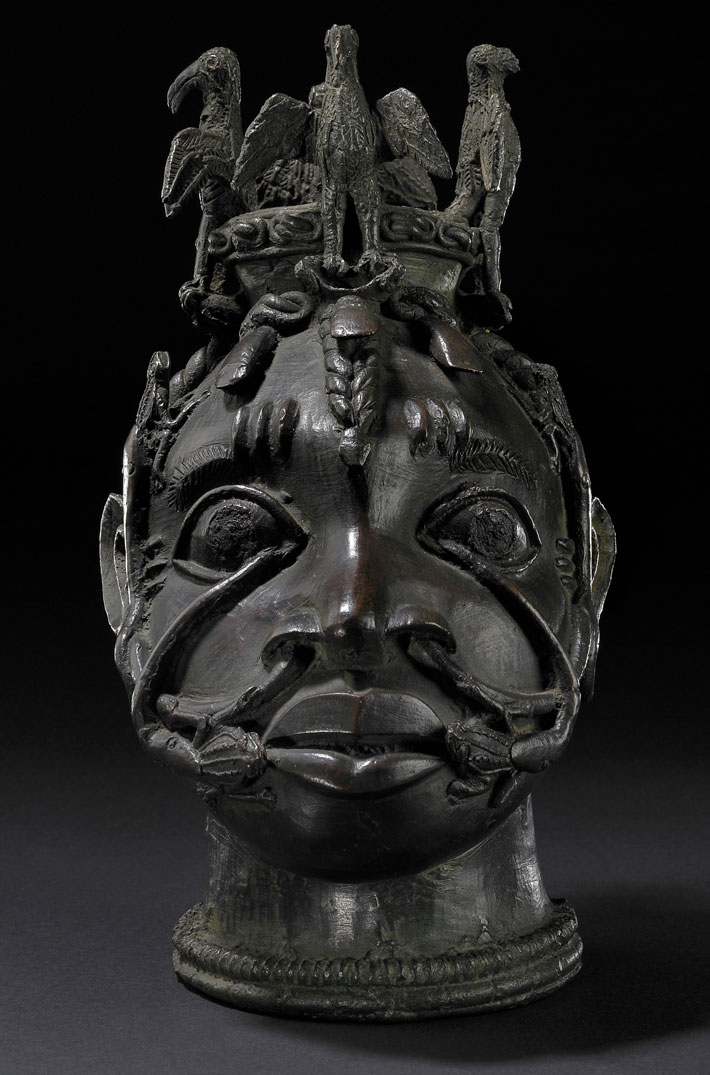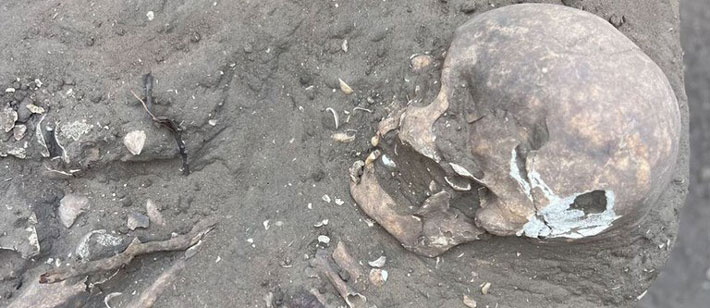
SAO LUIS, BRAZIL—According to a CBS News report, multiple layers of human occupation, including human bones, pottery fragments, stone tools, and decorated shells, were uncovered during an investigation conducted ahead of a construction project in northeastern Brazil. The most recent artifacts have been attributed to the Tupinamba people who lived in the region when Europeans arrived in 1612. Underneath this layer, the researchers uncovered a sambaqui, a mound of pottery, shells, and bones. The earliest layer has been dated to between 8,000 and 9,000 years ago, or some 1,400 years older than the earliest known pre-sambaqui site in the region. “This could completely change the history of not just the region but of all Brazil,” said archaeologist Wellington Lage. Researchers from Brazil’s Institute of National Historic and Artistic Heritage (IPHAN) said that in all, more than 100,000 artifacts and 43 sets of human remains have been unearthed. Dating and analysis of the artifacts continues. For more on the archaeology of northern Brazil, go to "Dark Earth in the Amazon."


